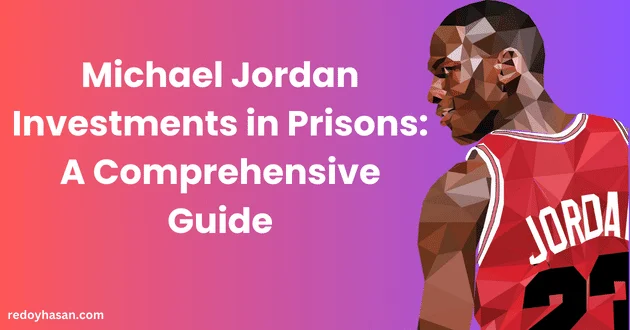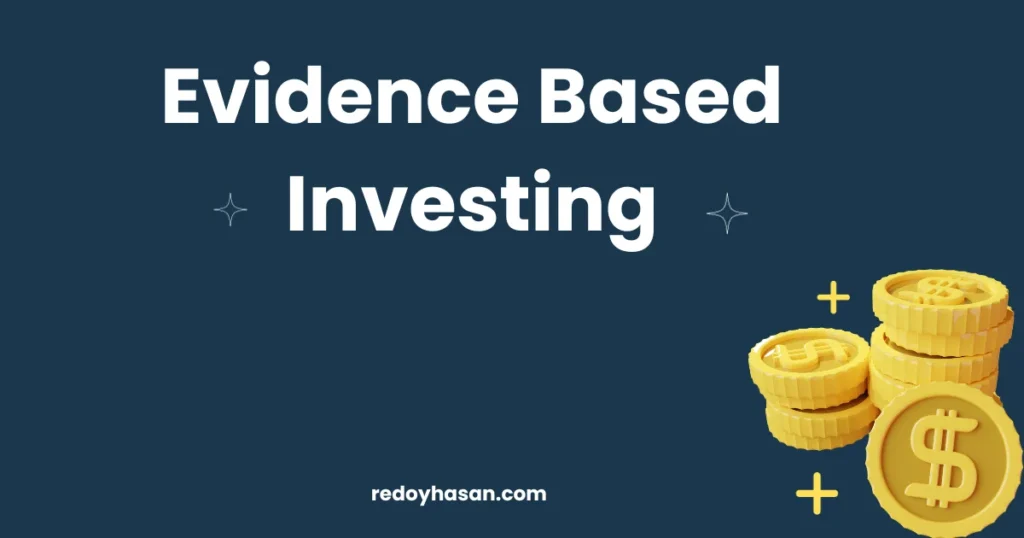
Michael Jordan, widely known as one of the greatest basketball players of all time, has been making headlines recently for a different reason – his investments in prisons. While some may be surprised by this revelation, others have been critical of Jordan’s financial ties to the prison industrial complex.
In this blog post, we will delve deeper into Michael Jordan’s investments in prisons and explore the implications of his involvement in this controversial industry.
Michael Jordan’s Public Image
Before we dive into the details of Jordan’s investments in prisons, it is important to understand his public image. Throughout his career, Jordan has been viewed as a role model and idolized by millions of people around the world.
Jordan’s success on the basketball court, combined with his personal brand endorsements, has made him one of the wealthiest athletes in history. He has used this wealth to invest in various companies and industries, including prisons.
Basketball Legend, Icon, and Player-Owner
Jordan’s basketball career needs no introduction. He is a six-time NBA champion, five-time MVP, and fourteen-time All-Star. His contributions to the game and his unparalleled talent have solidified his status as one of the greatest players in history.
In addition to being a legendary player, Jordan has also been an icon off the court. He has been featured in countless commercials, movies, and television shows. His famous “Air Jordan” brand has become a fashion staple for many.
In 2006, Jordan became part owner of the Charlotte Hornets (formerly known as the Charlotte Bobcats). This made him the first former NBA player to become a majority owner of an NBA team.
Jordan Brand and Air Jordans
One of Jordan’s most successful ventures is his eponymous brand, which launched in 1997. His Air Jordan shoe line has become a cultural phenomenon and continues to be highly coveted by sneaker enthusiasts.
According to Forbes, the Jordan brand generated $3.1 billion in sales in 2019, making it one of the most successful sports brands in the world.
Jayson Tatum, Zion Williamson & Tariq Rasheed
In recent years, Jordan has also been investing in up-and-coming basketball players. In 2018, he became the first former player to be a majority owner of an NBA team when he acquired Tariq Rasheed’s minority ownership stake in the Hornets.
In 2019, Jordan signed Jayson Tatum and Zion Williamson to lucrative endorsement deals with his Jordan brand. This move further solidified Jordan’s influence and dominance in the basketball world.
Michael Jordan’s Private Prison Investments
While Jordan’s success and financial empire are widely celebrated, his investments in private prisons have raised ethical concerns. According to reports, Jordan has invested in the GEO Group, a company that owns and operates private prisons.
The GEO Group has faced numerous lawsuits and accusations of mistreatment and negligence towards inmates. In 2016, the Department of Justice released a scathing report on the conditions at one of GEO’s private prisons.
In addition to his investments in the GEO Group, Jordan has also been involved with JPay, a company that provides financial services and tablets for inmates. Critics argue that these services are exploitative and take advantage of prisoners who have limited access to resources.
The Conspiracy Theory Behind It All
The revelation of Jordan’s investments in prisons has sparked a conspiracy theory among some supporters. They believe that Jordan’s role in the prison industry is part of a larger plan to control and oppress African Americans, who make up a disproportionate percentage of the prison population.
While there is no concrete evidence to support this theory, it speaks to the underlying issues surrounding race, wealth, and power in the United States.
What is the Purpose of Private Prisons?
Private prisons, also known as for-profit prisons, are operated by private companies instead of the government. The main purpose of these facilities is to make a profit, which can lead to unethical practices and mistreatment of inmates.
Critics argue that the existence of private prisons perpetuates mass incarceration and undermines the justice system. With financial incentives in place, there is little incentive for these companies to prioritize rehabilitation and reducing recidivism rates.
Exploiting Prison Labor for Profit
One of the main criticisms against private prisons is their use of prison labour to generate profit. Inmates are often paid extremely low wages (or, in some cases, nothing at all) for performing tasks such as manufacturing products or providing services.
This exploitation of cheap prison labour not only takes away job opportunities from law-abiding citizens but also creates an unfair advantage for companies that use prison labour.
Competitive Prison Labor vs. Traditional Workforce Labor
Some argue that prison labour is necessary for the economy, while others point out the potential negative impact on traditional workforce labour. With private prisons becoming more widespread, companies may choose to outsource their labour to these facilities instead of hiring workers from their local communities.
This can lead to job losses and economic disparities in certain areas, further perpetuating issues such as income inequality.
Conclusion
In conclusion, while Michael Jordan’s investments in prisons have sparked controversy and ethical concerns, they also bring to light larger issues surrounding the prison industry and its impact on society. As a public figure with immense influence, Jordan’s involvement in this controversial industry raises questions about responsibility and accountability for one’s actions and their potential consequences. It is up to each individual to decide where they stand on this complex and sensitive topic.
Read more article:


